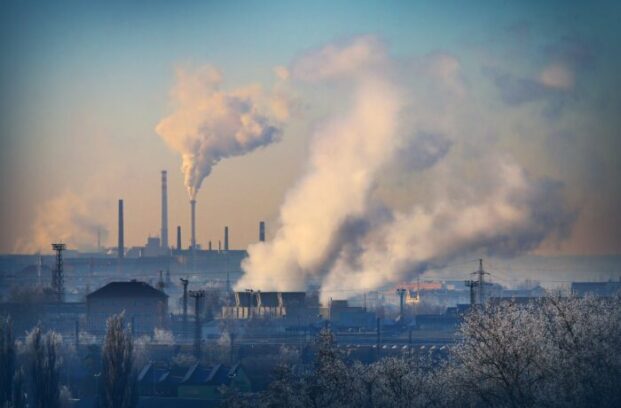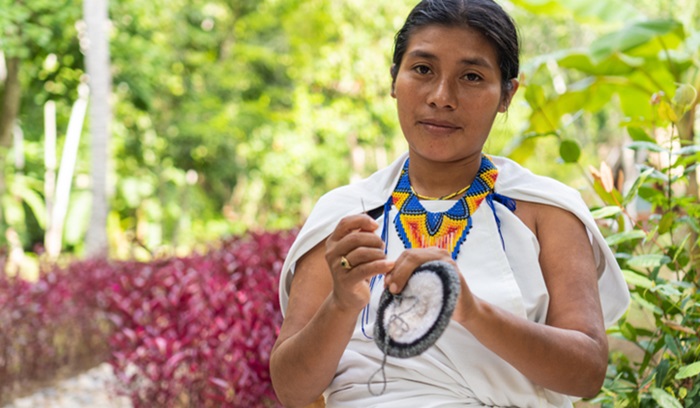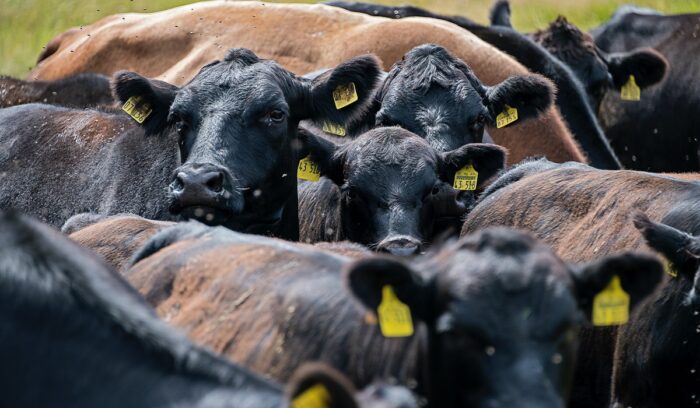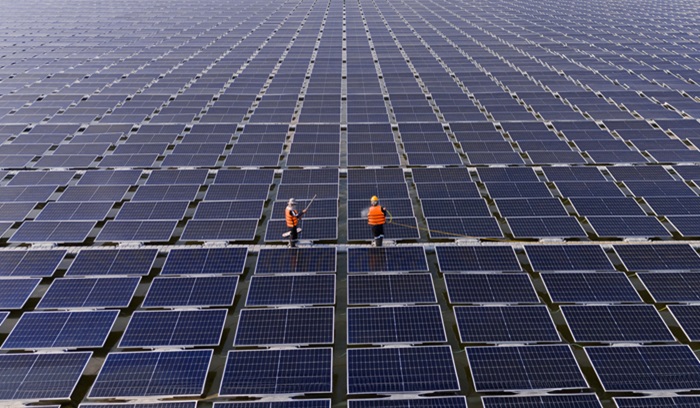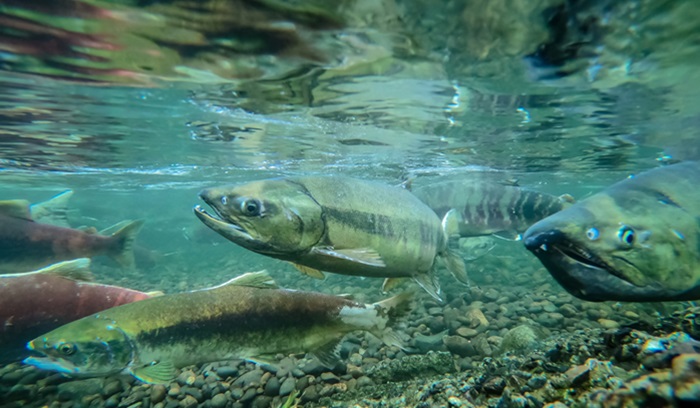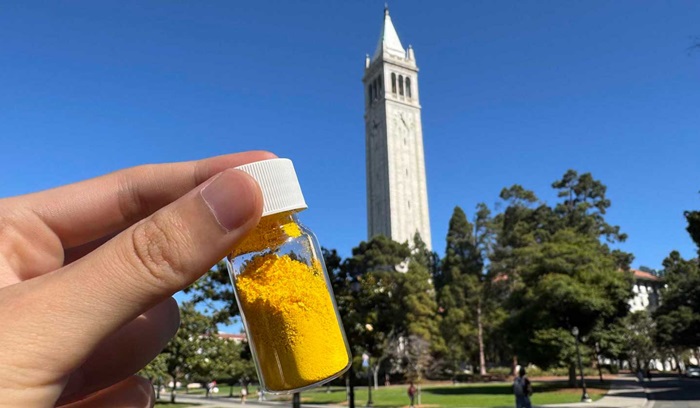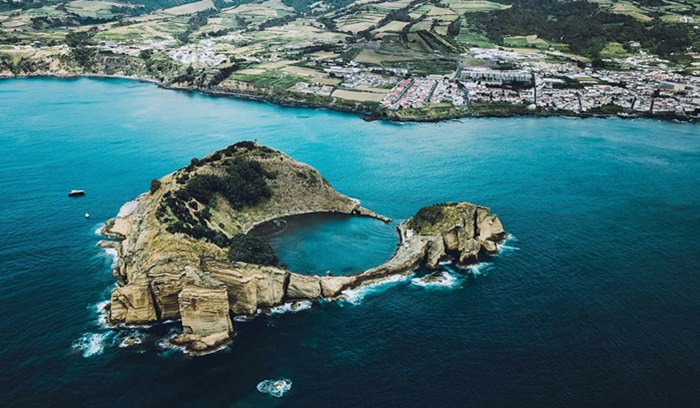Second Japanese high court rules in favor of same-sex marriage
A Tokyo high court in Japan recently ruled that the government’s policy against same-sex marriage is unconstitutional. The ruling marks the second time that one of the nation’s eight regional high courts has ruled in favor of marriage equality. The Tokyo high court ruled that the country’s ban on same-sex marriage is “a groundless legal discrimination based on sexual orientation” that violates the constitutionally guaranteed right to equality and dignity regardless of sex.

